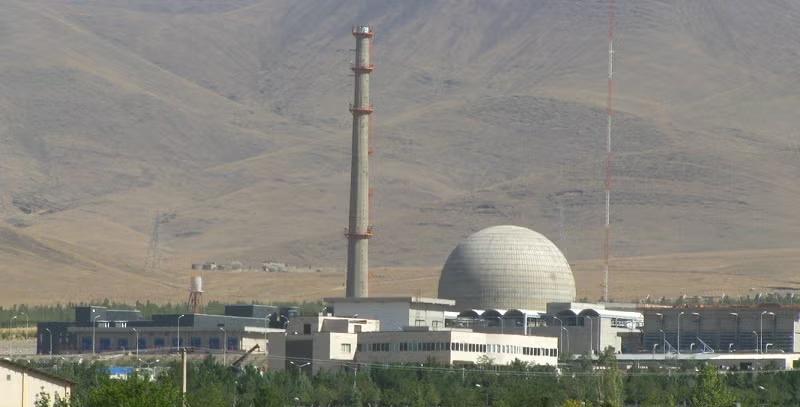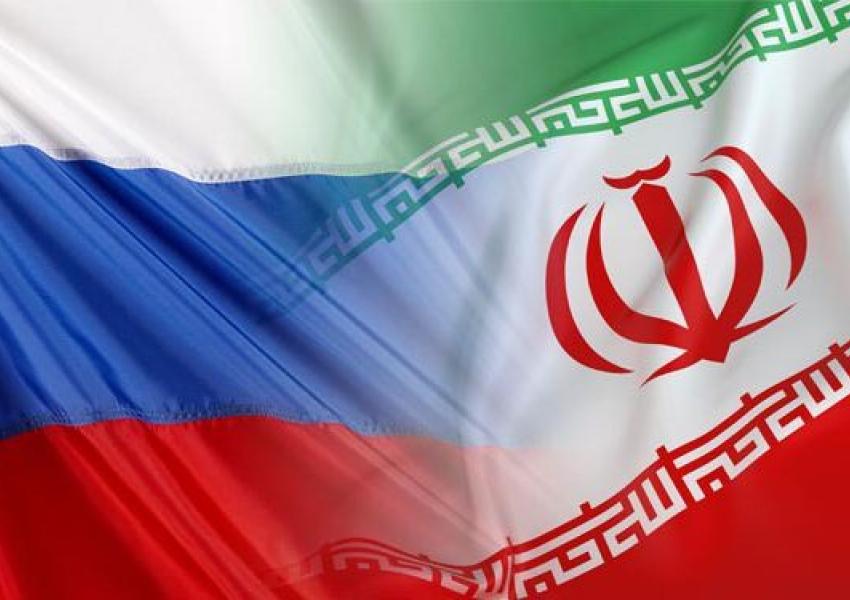Already a subscriber? Make sure to log into your account before viewing this content. You can access your account by hitting the “login” button on the top right corner. Still unable to see the content after signing in? Make sure your card on file is up-to-date.
Iran and Russia have reached a multibillion-dollar deal to build advanced nuclear power reactors in Iran amid renewed concerns over Iranian officials’ nuclear ambitions.
Getting into it: The $25 billion agreement, signed between Iran’s state-affiliated Hormoz Company and Russia’s state nuclear corporation Rosatom, outlines the construction of four Generation III nuclear power reactors in Sirik, a coastal city in Hormozgan Province near the strategic Strait of Hormuz. The reactors are expected to collectively produce 5,000 megawatts (5 GW) of electricity, enough power for several million homes. For comparison, Iran’s only currently operational nuclear power plant, Bushehr, also built by Russia, generates just 1 GW.

Rosatom and the Atomic Energy Organization of Iran (AEOI) also signed a memorandum of understanding for the future development of small modular reactors, a more flexible and scalable form of nuclear power generation designed for areas with limited infrastructure. Iranian media have presented both deals as part of a long-term energy strategy to diversify electricity sources and enhance energy security.
The timing of the deal is geopolitically significant. It comes just hours before the United Nations is scheduled to reimpose sweeping international sanctions on Iran under the “snapback” mechanism, a clause in the 2015 nuclear deal allowing sanctions to be reinstated if Iran is found in violation. The move to trigger snapback was initiated by Britain, France, and Germany, who argue Iran has breached several provisions of the JCPOA, including limits on uranium enrichment and stockpiling. If enforced, these sanctions would once again restrict Iran’s ability to trade arms, access financial markets, and conduct key international transactions.
Russia and China, however, have strongly opposed the snapback move and introduced a joint resolution in the UN Security Council proposing a six-month delay to allow further diplomatic negotiations.







